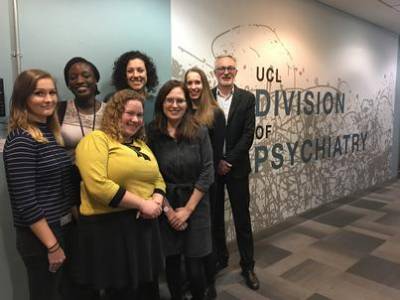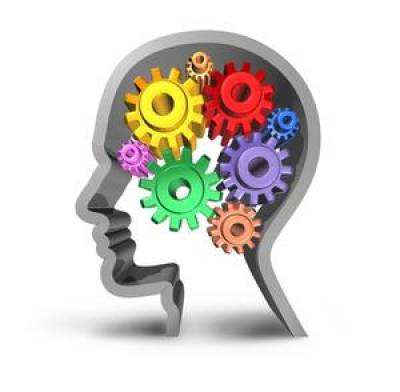
Group members
Dr Andre Strydom - Principal Investigator (and Chief Investigator of the LonDownS Consortium)
Dr Carla Startin - Post-doctoral Research Associate
Sarah Hamburg - PhD student and Research Assistant
Rosalyn Hithersay - PhD student and Research Assistant
Bryony Lowe - Former Placement Student
Amy Davies - Former Placement Student
Erin Rodger - Former Placement Student
Many people with Down syndrome find planning tasks difficult, and have problems with remembering things.
People with Alzheimer's disease have similar difficulties.
We know that some people with Down syndrome find these things harder as they get older, and may go on to develop Alzheimer's disease.
Although almost all adults with Down syndrome eventually develop the neuropathology (e.g. plaques and tangles) associated with Alzheimer's disease, not everyone will go on to show the clinical signs of dementia later in life.
What we are investigating
We are investigating factors that may protect individuals with Down syndrome against the cognitive decline associated with Alzheimer's neuropathology.
We are particularly interested in cognitive abilities (thinking abilities) like memory and planning and brain activity; we are investigating how these affect the development of Alzheimer's disease.

We aim to discover what increases the risk of developing Alzheimer's disease, and what protects against it. We are also investigating if genes or the way that their cells develop affects their cognitive abilities and brain activity, in collaboration with our colleagues in the LonDownS Consortium.
To do this we will be inviting adults with Down syndrome to take part in our studies.
Participants will be asked to complete:
- Cognitive tests, which are a bit like memory games. Some of the tests are on a computer.
- We may also invite participants to London (if they live nearby) to measure brain activity. We will do this using electroencephalography (EEG). For this, participants wear a cap on their head which contains electrodes, and these electrodes record activity across the scalp. By looking at brain activity we also hope to understand why people with Down syndrome who have seizures or epilepsy are more likely to develop Alzheimer's disease.
- Participants will be asked to provide saliva, blood and/or hair samples for DNA and cellular analysis.
 Close
Close

